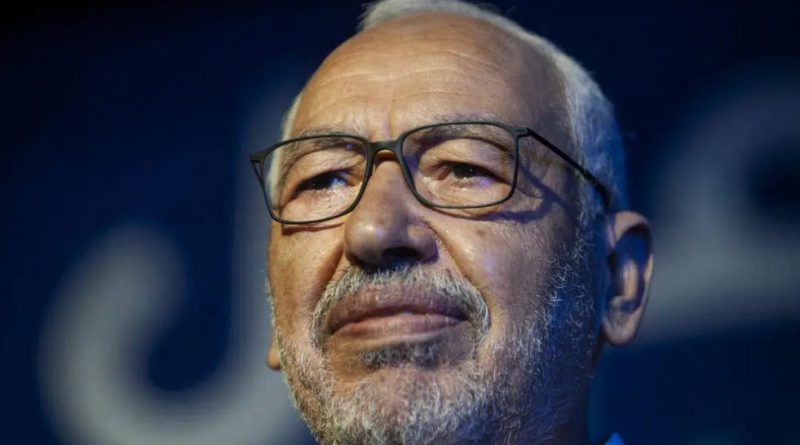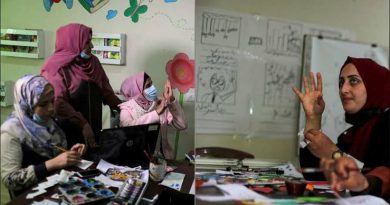Tunisia’s moderate Islamist leader sentenced in absentia to year in prison
Tunis (AP) — A court has sentenced moderate Tunisian Islamist leader Rached Ghannouchi to a year in prison for allegedly referring to police officers as tyrants in what his party said Tuesday amounted to a sham trial.
Ghannouchi, 81, founder of the Ennahdha party, has refused to be removed from his place of detention for questioning or to attend Monday’s trial, considering that the cases are “political settling of scores targeting opponents of the regime,” lawyer Samir Dilou, a former party leader, said in an interview with The Associated Press.
Ghannouchi, a former speaker of parliament, is the most prominent critic of Tunisian President Kais Saied. He has maintained that Saied’s move in 2021 to take all powers into his hands amounted to a coup d’etat.
Ghannouchi was detained in mid-April on the charge of plotting against the security of the state. He has been called in numerous times for questioning on various matters, but this was the first time he wasn’t released.
Monday’s case grew out of a complaint by a security union member claiming that Ghannouchi used the word “taghout,” or tyrant, while eulogizing a member of his party at a February 2022 funeral. According to a tweet by his daughter Soumaya, he said that the deceased “did not fear poverty, ruler or tyrant.”
Ennahda condemned the decision to prosecute as “an unjust political ruling” and called for his immediate release.
Ghannouchi is also being investigated for what his party says is another case of twisting words — allegedly evoking the threat of civil war if Ennahdha and other opposition parties are excluded from the political scene.
His party said on its English-language Twitter account that Ghannouchi was charged with conspiracy against state security and ordered to remain in prison pending trial.
“Kais Saied is making a mockery of the judiciary, using it as a tool for political revenge and persecution,” his daughter tweeted.
About 20 other people, including the director of the respected radio Mosaique, Noureddine Bouttar, are currently detained on a variety of charges.
The crackdown on opponents comes amid growing social tensions and deepening economic troubles in Tunisia, the birthplace of the Arab Spring pro-democracy movement more than a decade ago.



